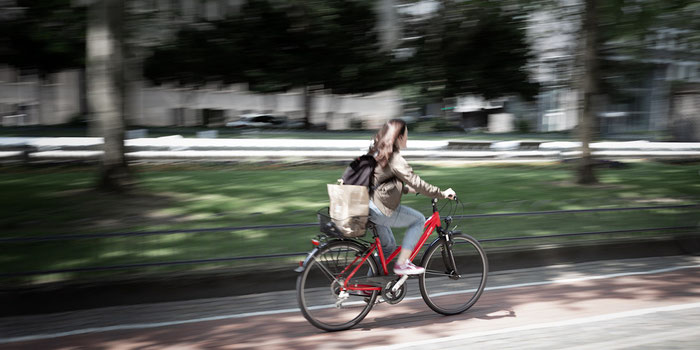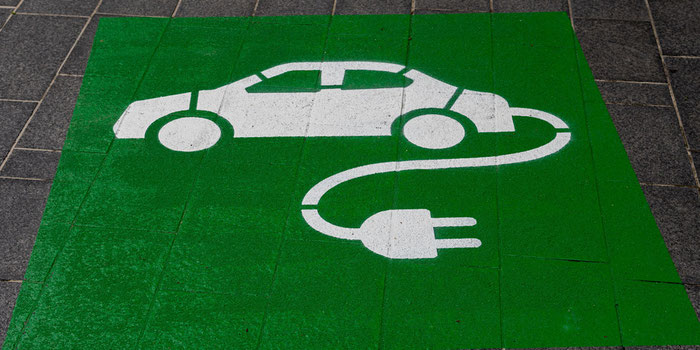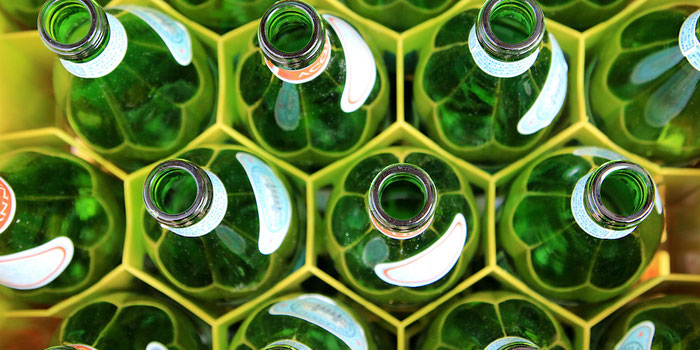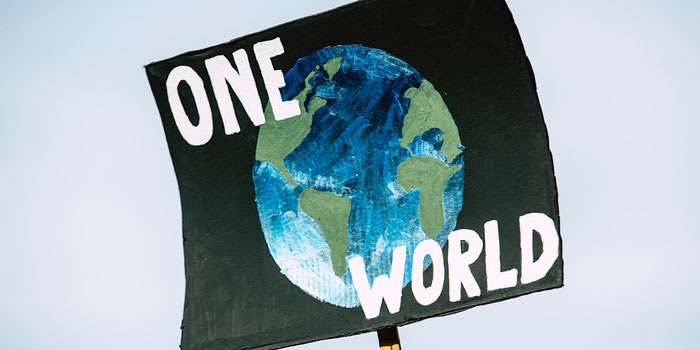we’re capable of making a global effort
Some world lockdowns brought about the biggest carbon crash ever recorded.
The world stood still and was met with empty streets, silent factories, and plummeting pollution levels.
It was as if we had hit the reset button on our environmental woes — but not quite.

COVID-19 has devastated lives, tested healthcare systems to breaking point, and forced us indoors.
But, the virus has also reaffirmed a dormant sense of togetherness.
We can see examples of humanity banding together to face a singular cause.
Why can’t we do the same in the name of sustainable development?
In short, we can.
COVID-19 and wider environmental issues are not mutually exclusive.
Everyone can learn to become more sustainable and protect against future pandemics.
Urban sprawl plays a role in spreading viruses as well as increasing our overall environmental impact.
Consequently, finding ways to reduce deforestation will protect against future diseases while becoming more green in the process.
This may sound like a broad idea dictated by global industries, but these bodies are all influenced by consumer and public interests, so people can show their support by making small incremental changes such as greener lifestyle choices.
We can be more mindful about using cars
With charging stations becoming commonplace in car parks across the world, consumer interest in fossil fuels has seen the commercial dawning of electric vehicles.
But even trends like EVs cannot match the impact lockdown had in regards to our carbon emissions.
Overnight, congestion levels plummeted to a fraction of what they once were. In the UK, Manchester saw a drop off from around 77% to 12.5%.
Madrid, Paris, and Rome are estimated to have seen a 96% decrease in road traffic.
These stats are a major shift away from the status quo and show we’re capable of a global effort to be more sustainable.

Whether you’re commuting to work, shopping, or visiting friends and family, traveling safe is a necessity of modern life.
However, there are ways we can be more conscious about our driving in the future.
For example, reducing the amount we refuel cushions our impact on the environment.
While electric vehicles have a fair way to go until they’re reliable for long-distance travel, pay schemes like fuel cards are a useful tool to stabilize fossil fuels.
Plus by learning about fuel card comparisons like iCompario, you can tailor them to plan journeys and conserve fuel.
Pairing this with economical techniques like driving in high gears and avoiding stop-starts, we can diminish our cars constant demand for fuel.
Many are turning to even more greener lifestyles, such as reducing power usage and reducing bills.
We should consider the impact of food shopping
Online food shopping saw a huge upturn in use.
But before panic buying took precedence and shelves were stripped bare, conscious shopping and sustainable consumption were strong trends bursting out of the new year.
COVID shouldn’t be a get out of jail free card for supermarkets, commercially popular eco-trends need to see a resurgence once the pandemic subsides.
UK supermarkets such as Tesco are stepping up to the plate and reinvigorating the cause for Remove, Reduce, Reuse, Recycle.

Teaming up with sustainable food container companies such as Loop utilizes reusable packaging with zero waste products.
This means that grocery staples can be delivered to your doorstep in glass bottles and metal containers, thus omitting the need for plastic packaging.
Better yet, they are sterile and cleaned with every use so it's a way to combat disease spread.
Coronavirus shouldn’t be an excuse to forget about the environment.
We should be using it as an opportunity to do better in the future.
These tips and schemes are a start, but we need to continue and push on for a more sustainable world!









